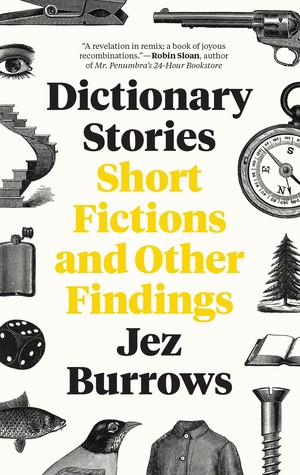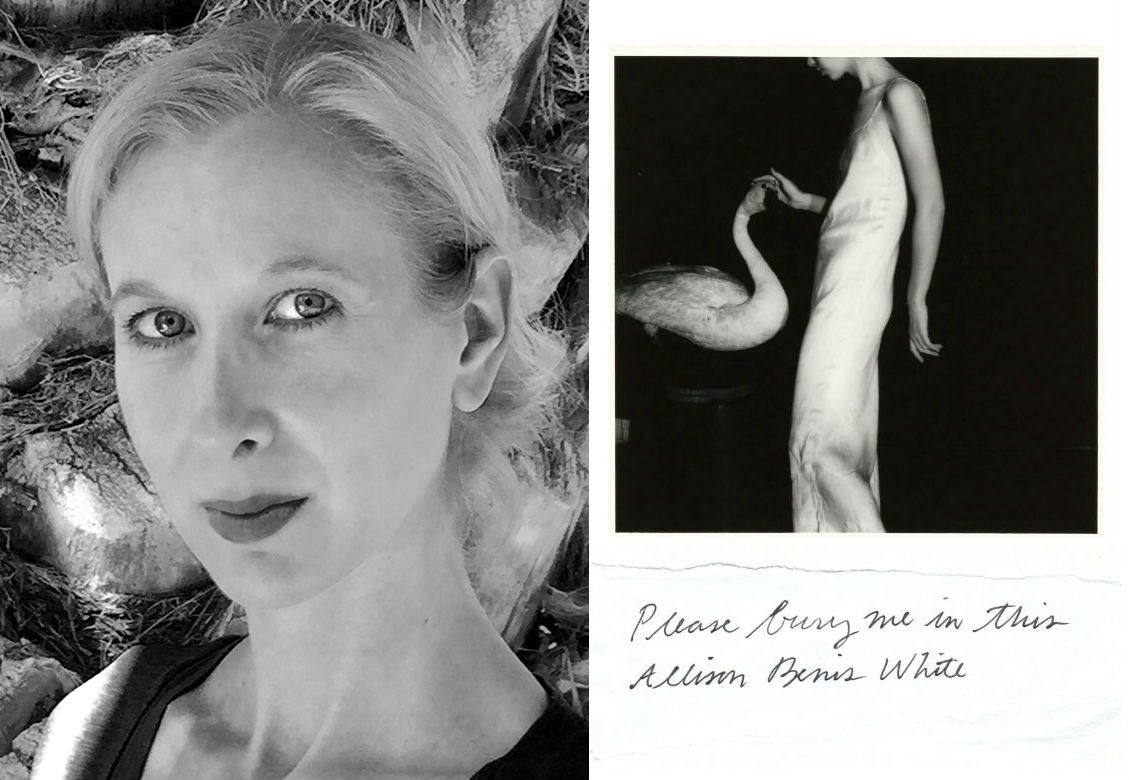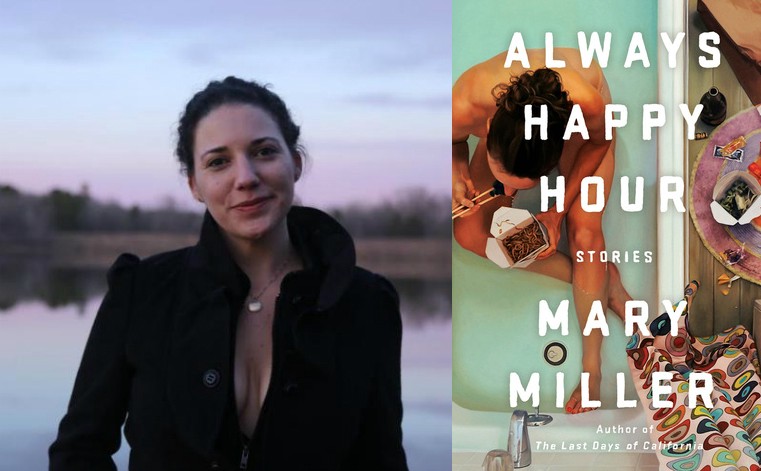interviews
Jez Burrows Finds All His Stories in the Dictionary
The ‘Dictionary Stories’ author talks about turning sample sentences found in the dictionary into a short story collection

Underneath the definition for the word “burrows” in the dictionary is this sentence: “The little penguins dig out long burrows to use as nests.”

In 2015, Jez Burrows printed a zine collection of stories made up entirely of sample sentences pulled from the dictionary at his booth at the San Francisco Zine Fest. From there, his twelve-page zine evolved into Dictionary Stories, a collection of found sentences repurposed as genre-blending stories ranging from lists to flash fiction to longer prose stories.
I spoke with the author about his love of words and the challenges of creating new fiction made entirely from remixing and combining sentences.

Adam Vitcavage: What fascinates you about sample sentences from dictionaries?
Jez Burrows: I love language and I am fascinated by words in general. The most significant role dictionaries played in my life is a game my grandmother and I would play; we would pick a word and read the definition, then we would pick another word from the definition and continue that way. It was a glorified way to read the dictionary, really.
The idea [for the book] started one night when I had to look up a word’s definition and the sample sentence was so melodramatic that a light bulb went off. I had never paid attention to them before. I thought I could take advantage and play around with them.
AV: Did any of the early stories from the zine end up in this collection?
JB: A handful did, but the stories that made it through were richer and bolder because I edited them more closely. When I wrote those first stories, the method I had for sample sentences was looking through a print dictionary and trying to find sentences that would work.
AV: Why is the book organized into an alphabetical catalog?
JB: I wanted to pay homage to the source material and organizing it alphabetically seems like an obvious choice.
The New Oxford American Tells a Story — An Essay by Helen Betya Rubinstein
AV: When I’ve talked to writers of short story collections, they usually mention that finding the right sequence for their stories is so important because they need the first story to be compelling enough to make readers stay. Since this is a experimental collection, are there stories that stand out that you think will entice the reader to read the whole book?
JB: My book has a lot of different genres and form. Some stories are just prose and some are lists. One list, “Fifty More Ways to Leave Your Lover”, lends itself perfectly to sample sentences. Another short prose story called “A Walk” uses only sentences taken from the A section of the dictionary which adds another writing constraint. “Haunting the Docents” is about a heritage site where ghosts are hanging out with the tourists. If I had just tried to write that as a short story, I don’t know if the idea would come to me. That story came about purely because I found the right sentences.
The idea started one night when I had to look up a word’s definition and the sample sentence was so melodramatic that a light bulb went off.
AV: What was the most challenging part about the whole book?
JB: The alphabetical structure. When I started, my editor and I made a list of themes that would be great to cover in a story. The tricky part was trying to write to a theme with found content. There was a balancing act to make sure each letter has enough themes and that the themes felt varied but also complementary to each other. We wanted the stories to feel universal but also with a few red herrings and complete non-sequiturs added in just to be interesting.
AV: How long did you spend collecting the sentences on a story?
JB: It depends based on the form. Lists were more straightforward to put together. The fastest story was over the course of an afternoon where I got lucky and found the sentences I needed. There were a few stories I was chipping away at for many a fortnight. I knew I needed the perfect sentence to make it worth it, it was just a matter of finding it.
AV: Were you pouring over dictionaries before you went to bed at night?
JB: I ended up with a dozen dictionaries and digitized them to be searchable PDFs. A lot of the time was spent picking random pages and inputting interesting words to see if anything worked. The other half of the time was spent categorizing.
AV: What were the categories?
JB: I was using Scrivener to collect everything I was finding. I had a file for every dictionary I was doing and each dictionary had categories like: food, fitness, film, gardening. I had full sections that began with he and she as pronouns. Whenever I found something that fit into a category, I would drop it into a file just in case I ever needed it. Sometimes I would find a sentence that was so captivating, a sentence that I just had to use, that it become its own category.
Sometimes I would find a sentence that was so captivating, a sentence that I just had to use, that it become its own category.
AV: Out of all of this time looking in dictionaries, did you come across a word that is now your favorite?
JB: Yes. The word is “flocculent.” I don’t think I am ever going to have to use it, but it’s fascinating to say and means “having or resembling tufts of wool.”
AV: That’s a great word that I am sure you’ll use eventually. Your Instagram bio says that you’re an illustrator and a graphic designer. Then you say you’re a “writer (alleged).” Do you now feel like you’re a writer?
JB: Well, I honestly don’t know. When I tell people about the book, there are some who say that I am more of an editor than a writer. I guess you could make a case for that, but we’ll see. I am keeping that bio, it puts the emphasis on everyone else deciding if I am a writer or not.










